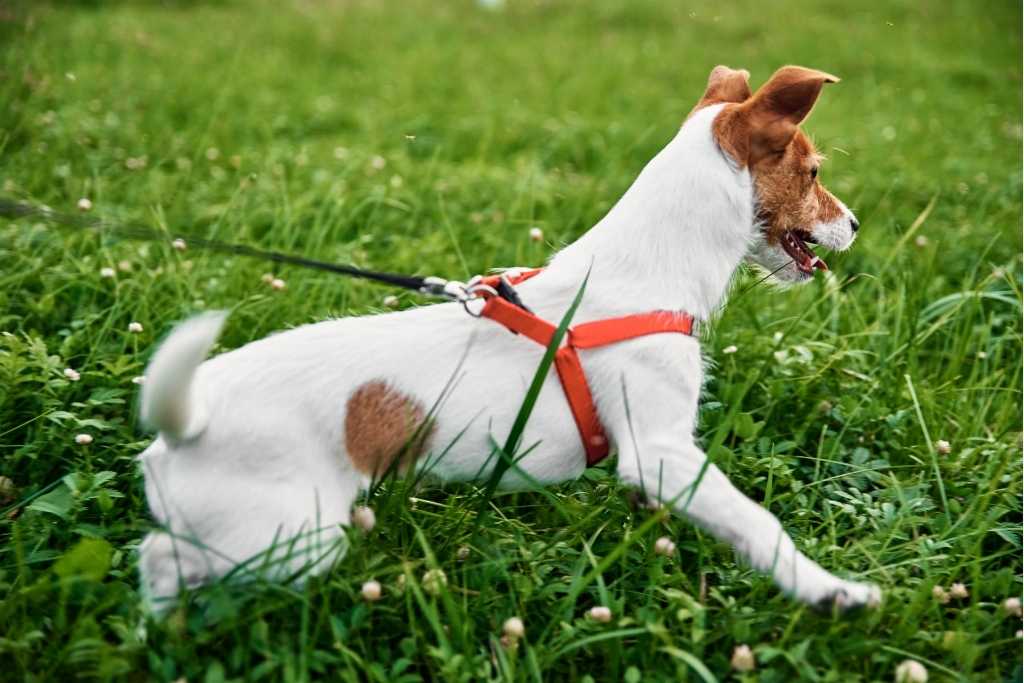MORE TO SHIP FREE 🚚
NICE. SHIPPING IS FREE 🎉
MORE TO REDEEM GIFT 🎁
YAY. REDEEM A FREE GIFT 🥳
YOUR CART IS EMPTY. SHOP NOW.
It is very important to have your pet examined, blood work and all, at least once a year. For older pets, regular vet examination once or twice yearly is encouraged. For puppies due to their underdeveloped immune system, it is highly encouraged to arrange regular vet visits monthly until such time that your vet recommends otherwise.
It takes approximately 6 months for a puppy's immune system to fully mature. A puppy less than 6 months old, is susceptible to infections and illnesses. Do not neglect your dog's first vet visit and here’s what you’ll need to know.

For first-time paw parents, ideally, you should choose a vet before bringing your puppy home. Word of mouth is often the best way to find a vet. Ask your friends and fellow paw parents for recommendations. Online reviews can be helpful too but a recommendation from a trusted friend is always the best.
Many dog shelters and breeders will arrange for a vet visit before releasing the pup to you. However, with the move and change of environment, it is a good idea to schedule another vet visit within a few days of picking up your new pup. Ask the shelter/breeder for records of the puppy’s past vet visits. If the pup has no prior vet record, it is best to visit the vet straight away upon picking up. The best veterinarians have busy schedules, so if you know exactly when you’ll be picking your puppy up, call in advance to get an appointment.
Most puppies start their vaccinations when they are 6 to 8 weeks old. Do expect to make regular visits to the vet for boosters and other physical examinations monthly until your pup is about 4 to 5 months old.

Dog travel crates or carriers provide a safe, enclosed space for your pup to travel in comfort. Look for travel crates with special openings for car safety belts; an important feature allowing the crate to be securely fastened to your car seat. We recommend the Stefanplast Gulliver 6 IATA Approved Dog Carrier (Medium / Large, Wheels Excluded), which also happens to be IATA (International Air Transport Association) approved for air travel. Choose the right size for your dog. It should be big enough for your dog to sit, stand, and turn around. Generally, travel crates should be no more than six inches longer than your dog.
If you have a small, calm dog, you can consider the Sputnik Multi-Function (Blue) Lightweight Breathable Carrier For Cats & Dogs. It’s lightweight, less than 1kg, and it's made from a super tough anti-tear canvas typically used for hardy outdoor products.
Unlike trained adult dogs, puppies can get overly excited and tend to pull at the leash. It is always best to use a no-pull body harness on a young pup to prevent injury. The FREEDOM No-Pull Harness & Leash (Turquoise/Silver) For Dogs is a no-pull leash highly recommended by dog trainers. It is designed with a patented control loop on the back of the harness, which tightens gently around your dog's chest to discourage pulling. The Chest strap is lined with Swiss Velvet, which helps prevent rubbing & chaffing sores behind the legs. Do check it out if you have a young, active pup.

Things to prepare and bring along for the dog’s first check-up.

Plan your trip early and arrive at the clinic a few minutes earlier. Check-in at the reception upon arrival. You may be instructed to a weighing machine for your dog’s weight measurements and there may be some registration forms to complete if this is your pup’s first visit to the clinic.
Here’s what to expect inside the vet’s office.

The costs of these procedures will differ according to the breed of your pup. Different vet clinics may charge a different fee for their services as well. Please check with the respective clinic for the actual figures.
In general, you can expect the following fees for routine puppy check-up procedures.

Before leaving the vet's office, do remember to schedule future visits for follow-up boosters and physical exams. Keeping your dog on a regular exam schedule for preventive healthcare is key to a long and healthy life.

Comments will be approved before showing up.
Dogs can eat raw food, but random meat pieces aren’t balanced. Learn the challenges of DIY raw feeding and why...
Dogs don’t need much to be happy. The best gift? You! Spending time together, doing all their favourite things, is...
A comprehensive guide to help your dog stay calm and well-behaved during festive gatherings with simple prep tips to reduce...



